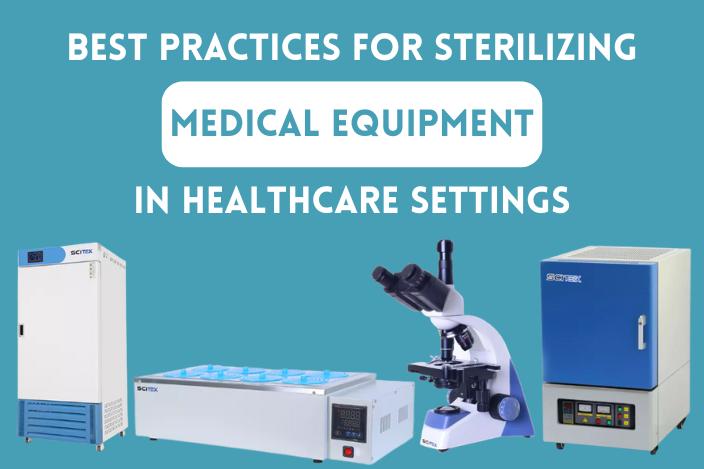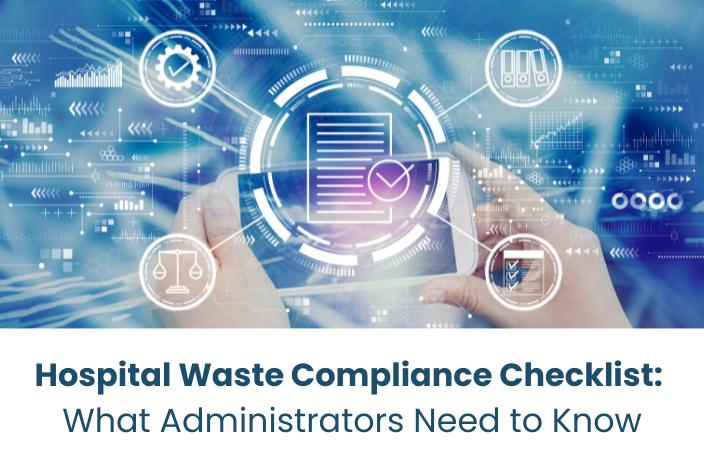
Published on 03-10-2025
Hospital Waste Compliance Checklist: What Administrators Need to Know
Introduction
Hospitals generate large volumes of medical waste daily, from sharps and biohazards to pharmaceuticals and infectious materials. Proper disposal isn’t just a responsibility it’s a legal and ethical mandate.
This article outlines essential hospital waste compliance requirements every healthcare administrator must follow in 2025. We'll walk you through best practices, legal frameworks, and how to ensure your hospital stays aligned with health and environmental regulations.
Capri Medicals is committed to delivering advanced waste management solutions to meet these strict requirements efficiently.
Why Medical Waste Compliance Matters
Non-compliance with hospital waste protocols can result in:
-
Hefty legal penalties
-
Environmental contamination
-
Increased risk of infection
-
Loss of public trust
Beyond avoiding consequences, a solid waste management program ensures your hospital operates ethically and aligns with WHO and national safety standards.
Key Categories of Hospital Waste
Healthcare facilities deal with several distinct waste types. Each must be handled differently:
Infectious Waste
Items like bandages, swabs, or tissues exposed to body fluids require sterilization and secure disposal.
Sharps
Needles, scalpels, and broken glass must be placed in puncture-proof containers.
Pathological Waste
Human tissues and organs need incineration or alternative thermal processing.
Pharmaceutical Waste
Expired or unused drugs require safe destruction to prevent misuse and contamination.
Chemical Waste
Cleaning agents, solvents, and laboratory chemicals must follow environmental disposal protocols.
Compliance Checklist for Hospital Administrators
Here’s a practical checklist for ensuring waste compliance in your facility:
1. Conduct a Waste Audit
Assess how much and what types of waste your hospital generates weekly.
2. Segregate at Source
Use color-coded bins and signage to separate waste at the point of generation.
3. Train Staff Regularly
Ensure all departments understand proper waste handling and PPE usage.
4. Partner with a Licensed Disposal Provider
Only work with certified waste handlers that meet government and WHO requirements.
5. Use Compliant Equipment
Equip your facility with approved waste shredders, pre-autoclave sterilizers, and safety trolleys.
6. Maintain Documentation
Keep logs of waste collection, treatment, and disposal for inspection purposes.
7. Schedule Regular Compliance Reviews
Audit processes quarterly and update SOPs based on new laws and technologies.
Common Questions About Hospital Waste Compliance
Q: What are the penalties for non-compliance?
A: Fines vary by region but can range from thousands to millions based on violations.
Q: Do small hospitals have to follow the same rules?
A: Yes. All healthcare providers, regardless of size, must comply with biomedical waste laws.
Q: How often should compliance be reviewed?
A: Best practice recommends internal audits every 3 months and external inspections annually.
Conclusion
Managing hospital waste is not just a regulatory requirement it's a fundamental part of patient and community safety. By following this checklist, hospital administrators can safeguard their facilities from legal risks, protect the environment, and improve operational efficiency.
At Capri Medicals, we offer reliable waste handling systems and sterilization technologies that help hospitals stay compliant. Need expert help? Contact us today for tailored waste management solutions.

.png)
.png)
.png)
.png)
.png)
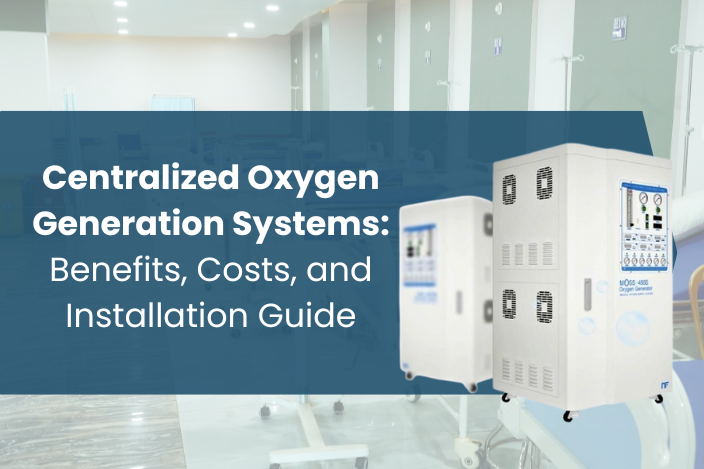
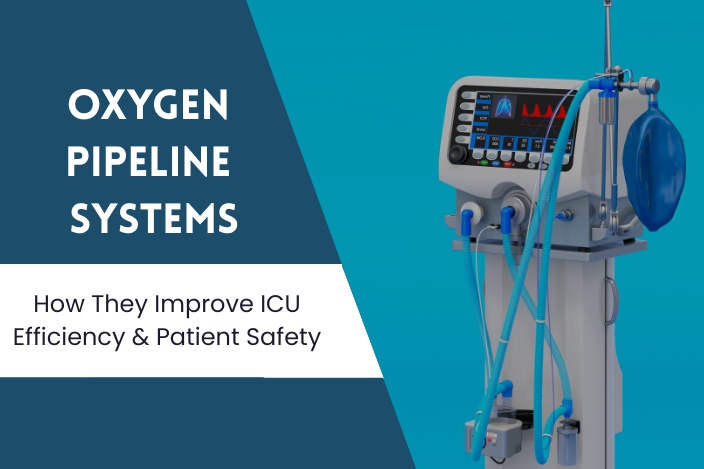
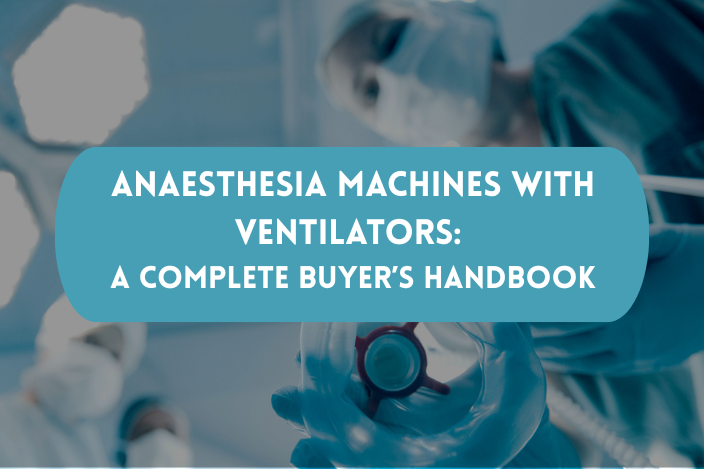
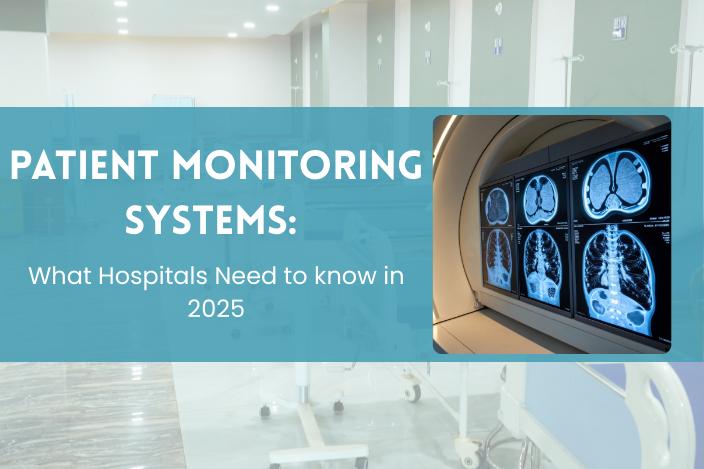
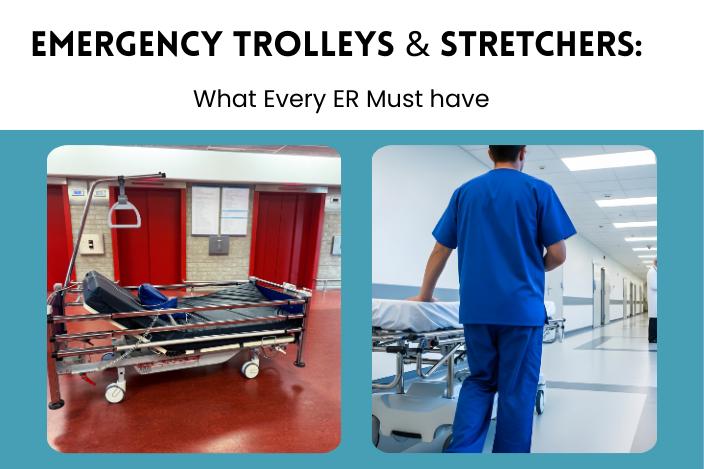
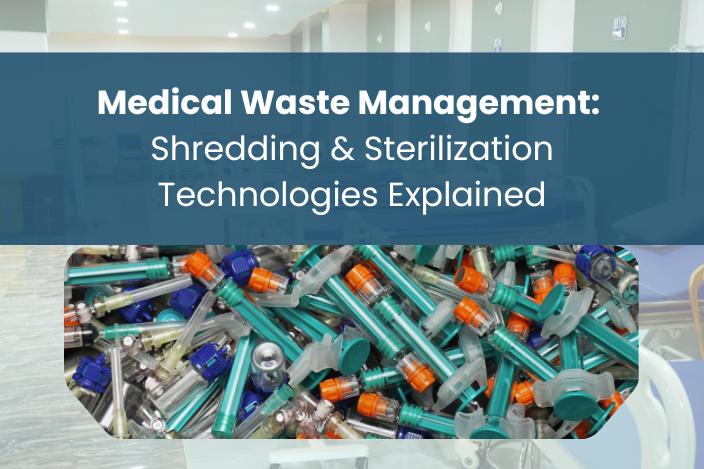
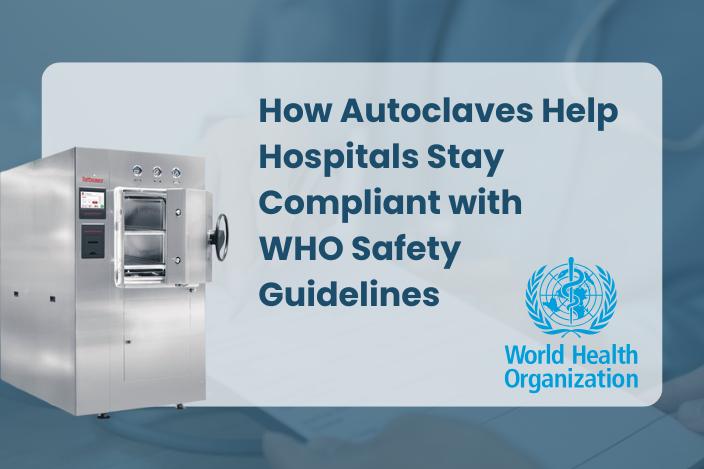
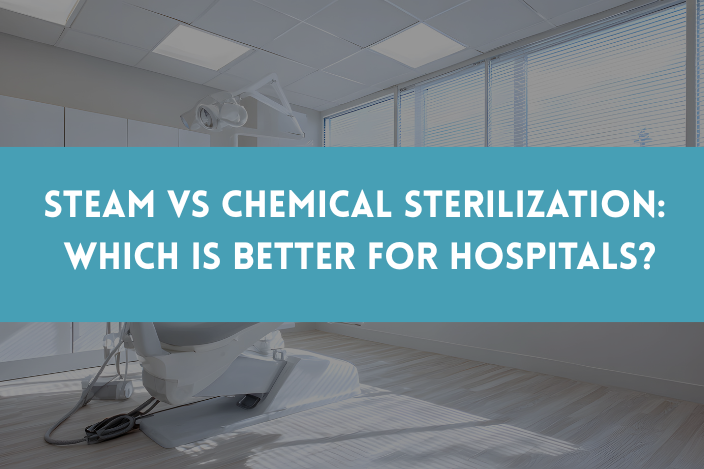
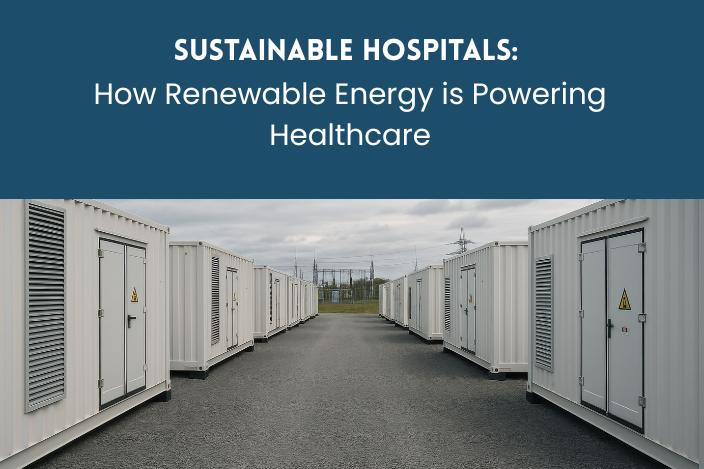
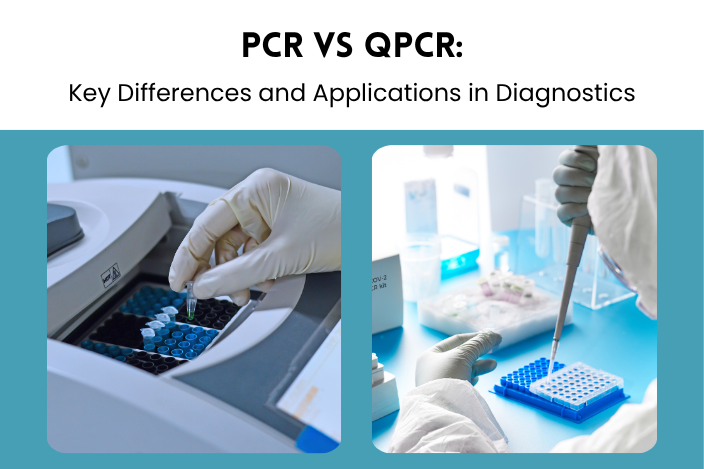


.png)
